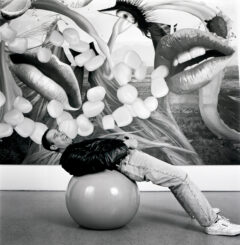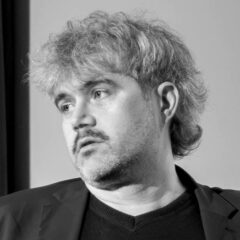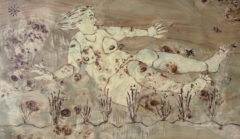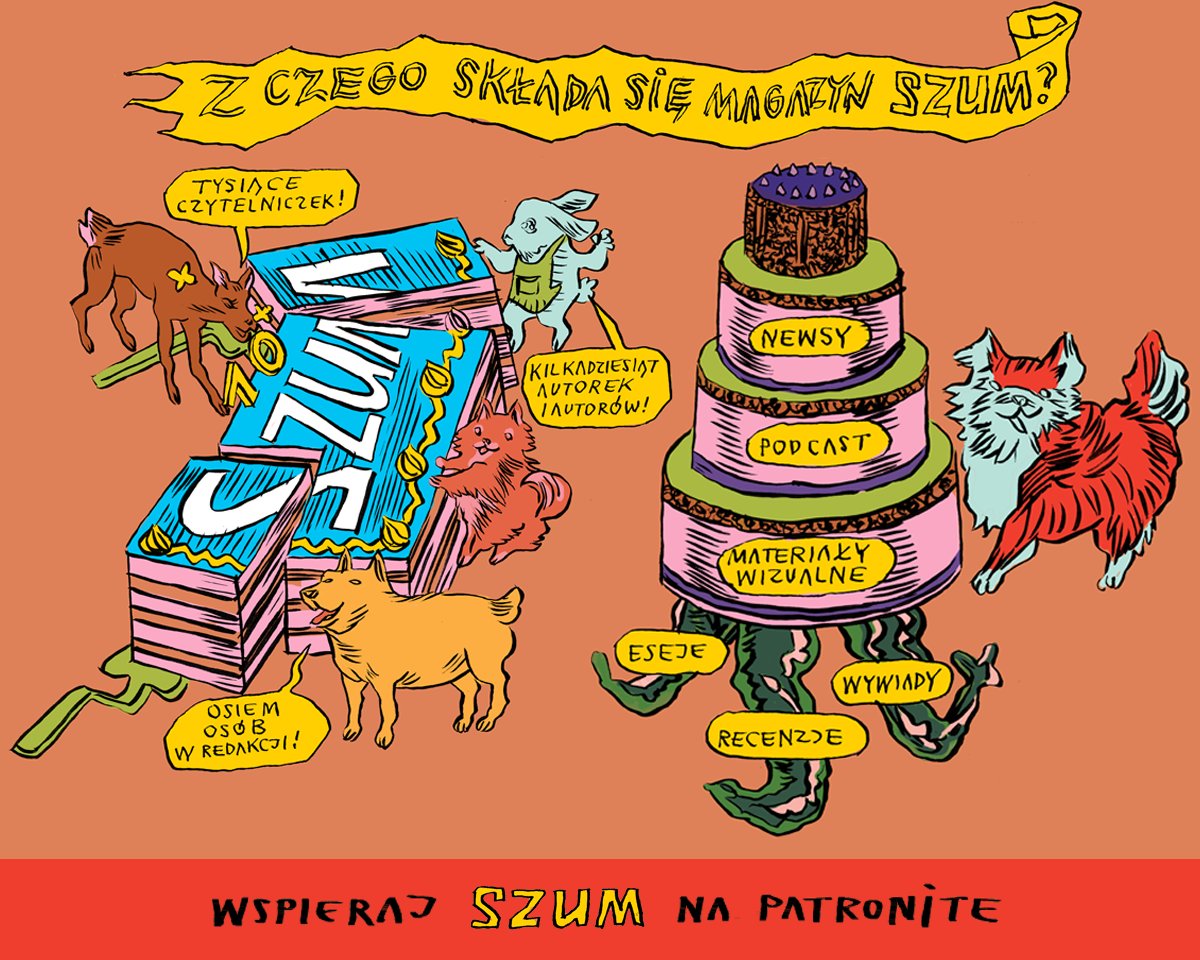„Heroic vs. Holistic” at Plato Ostrava [ENG/CZ]
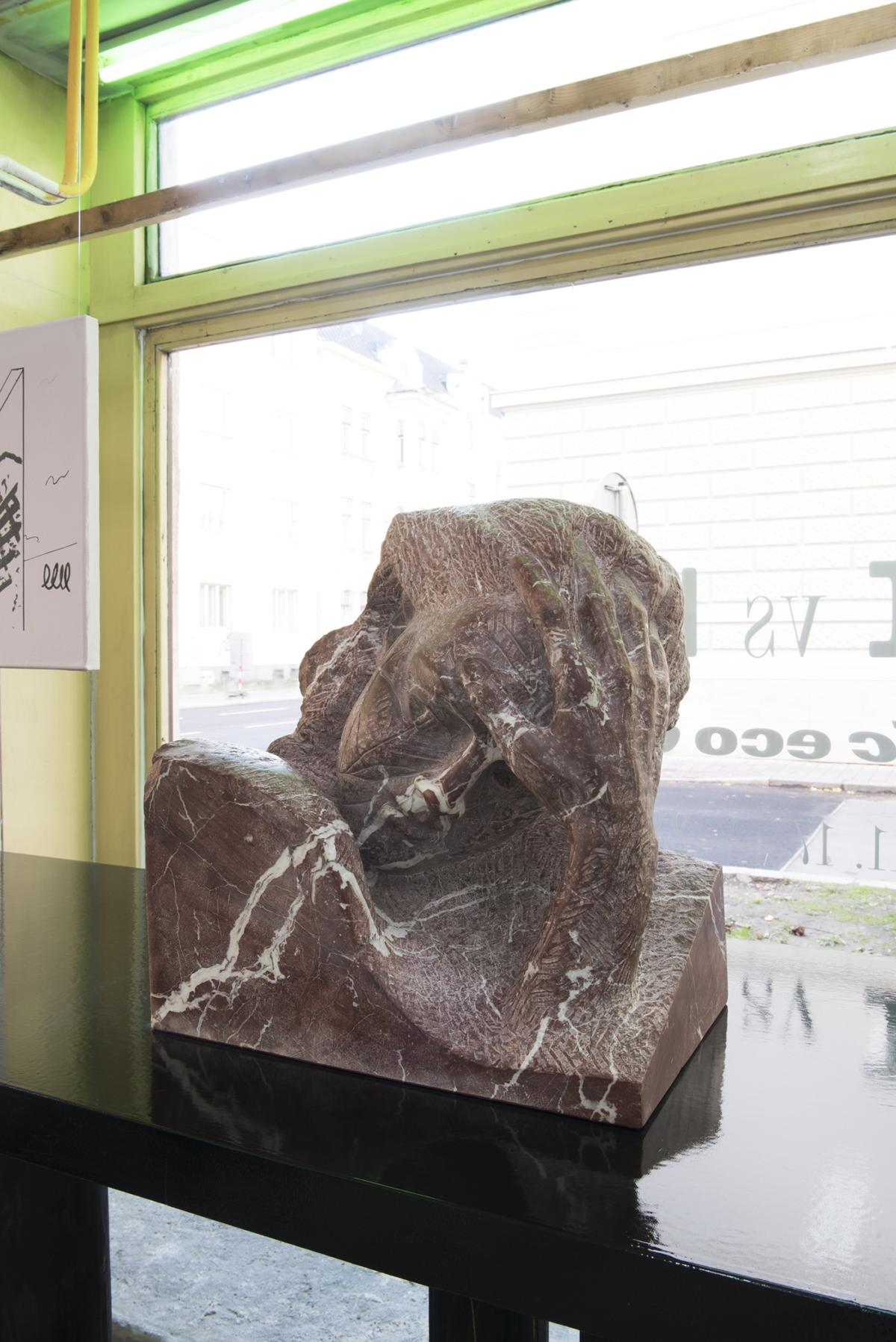
ENG
“Sour grapes. What an expression (on your face). Sour grapes are unexpected and unwanted. You pick a grape, bite through the skin to the fleshy fruit expecting sweetness. Perhaps you anticipate seeds, but more likely not (seedless reigns). Expecting sweetness, you are disappointed by the sour grape. Say “yuck” and spit it out if you can; if not, grimace and swallow. The grape is rejected. Is it bad? Or just not what you wanted? Not what you paid for? Were you deceived by the unblemished appearance of the fruit? Can you trust the next one?
Sour grapes: the expression refers to someone who is dissatisfied, holds a grudge, doesn’t have a sense of humor, won’t go along with the crowd, a sore loser. Sour is crabby, sullen, surly, as well as acerbic. Adjectives to put down, as well as to describe. Adjectives used to describe feminists, troublemakers.
Sour grapes is an expression to describe something that leaves a bad taste in your mouth (another expression), in someone’s mouth. The question that no one asks is, how does the grape feel? How does being sour feel? How does being spat out feel? How does being rapidly gulped feel? Does the grape feel rejected or glad to get away? Really now, does the grape feel at all? Hey, are any grapes reading this text? Grapes, get together.”[1]






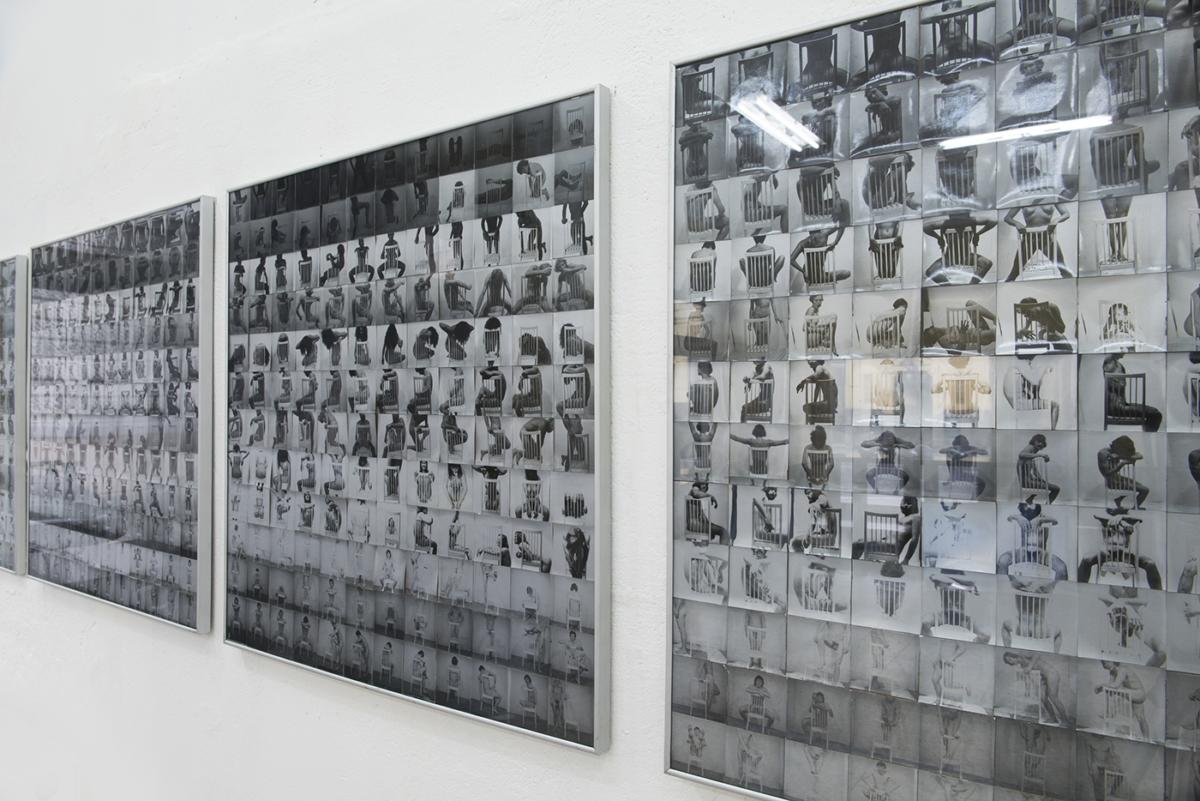

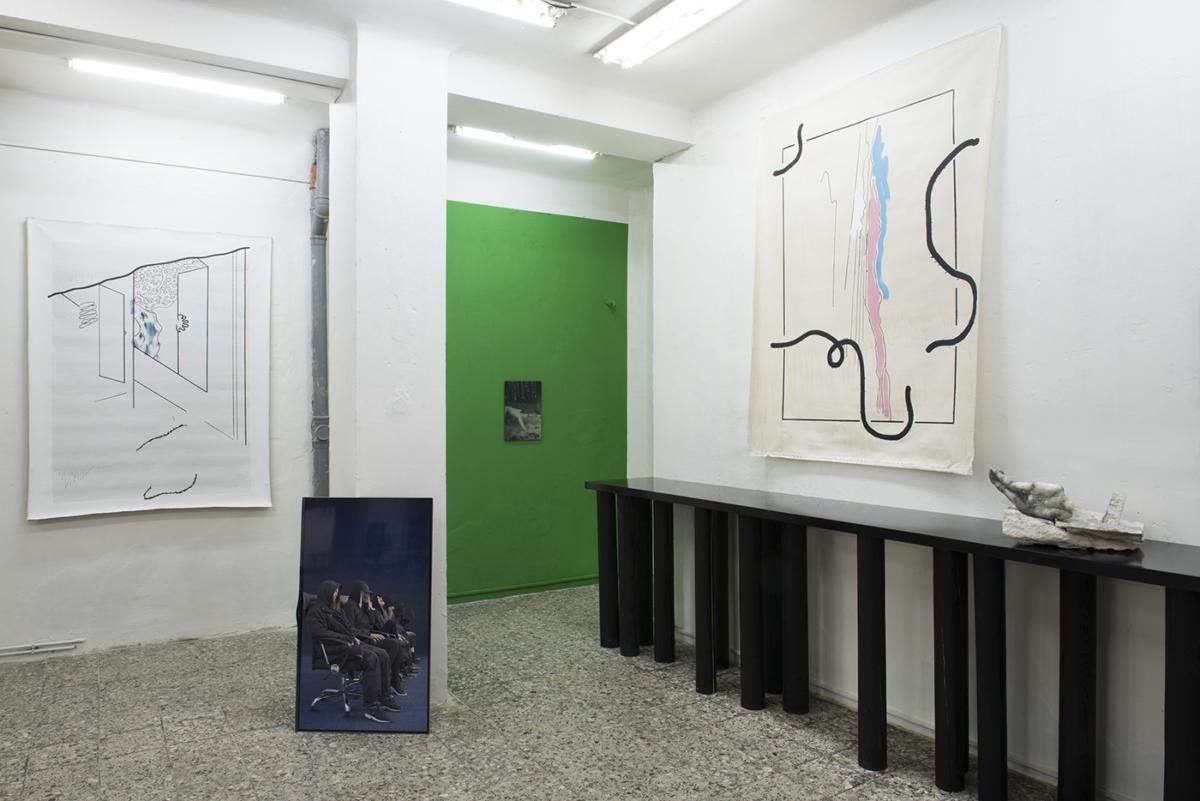

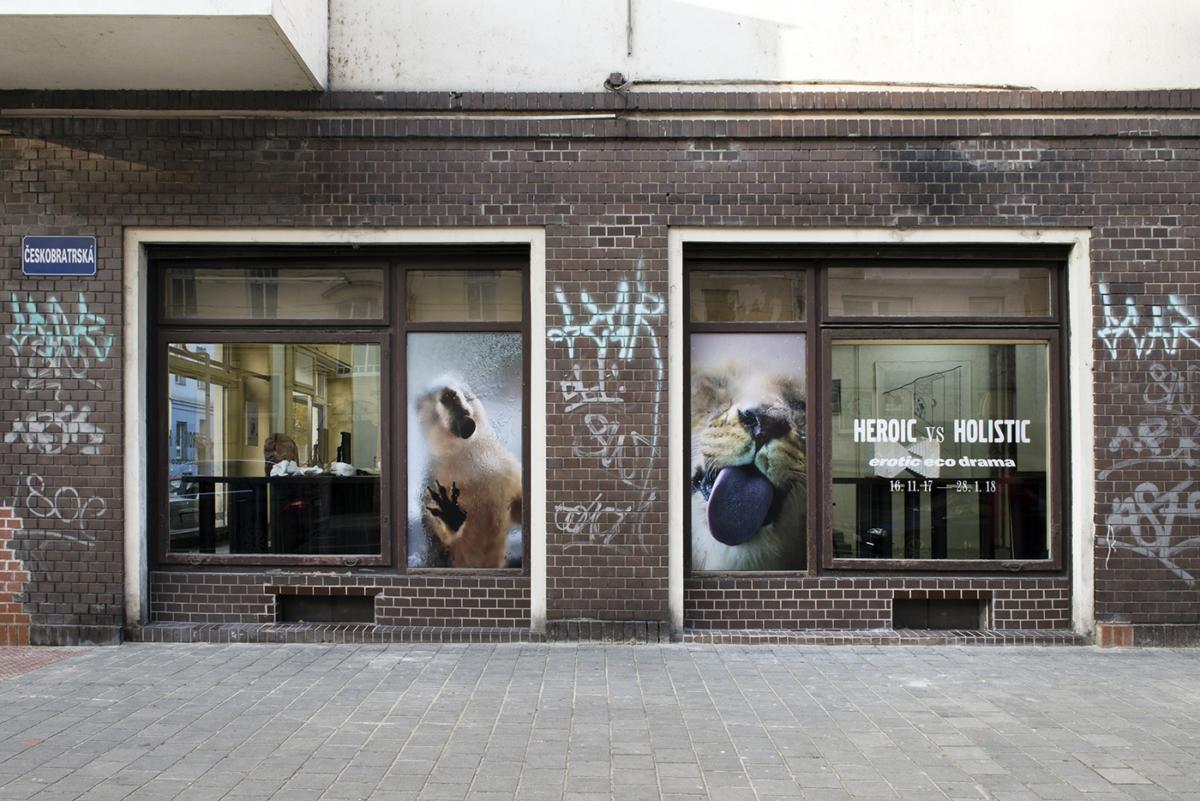

Today, ethical reflection on the value of nature is regarded as a sports discipline. Ecologists compete in how to introduce values with a clear hierarchy. They create an autonomous construct, different from our personal desires and experiences; a hypothetical machine designed to control. Feelings have nothing to do here; even worse, they are perceived as ridiculous obstacles easily interfering with a perfectly thought-out machinery. Arguments that are not based on facts, but on love or compassion, are irrelevant. The heroic mind has managed to look, but not see, act but not feel, think but not know.
Holistic people adopt a different standpoint to the current crisis of nature. Their opinions do not have a competitive essence, we can rather call them stories that model a fluid portrait of the world we live in. This image is not based on a unified view. It is a stream that brings the voices of people emerging from different places and life circumstances. They emphasize the metaphorical role of nature settled in abstract universal principles, and replace the dictates of heroic ethics with the imagery of the world’s mindscape.
Holism is defined as a theory establishing the organisation of the world on the existence of a whole, while heroic ethics is characterized by isolated action.
Introduced in the form of an erotic eco-drama, the exhibition Heroic vs. Holistic offers a post-romantic view of nature from the point of view of the two ethics mutually permeating one another.
Daniela and Linda Dostálková
[1] Ellen O’Loughlin: Questioning Sour Grapes: Ecofeminism and the United Farm Workers Grape Boycott, 1993.


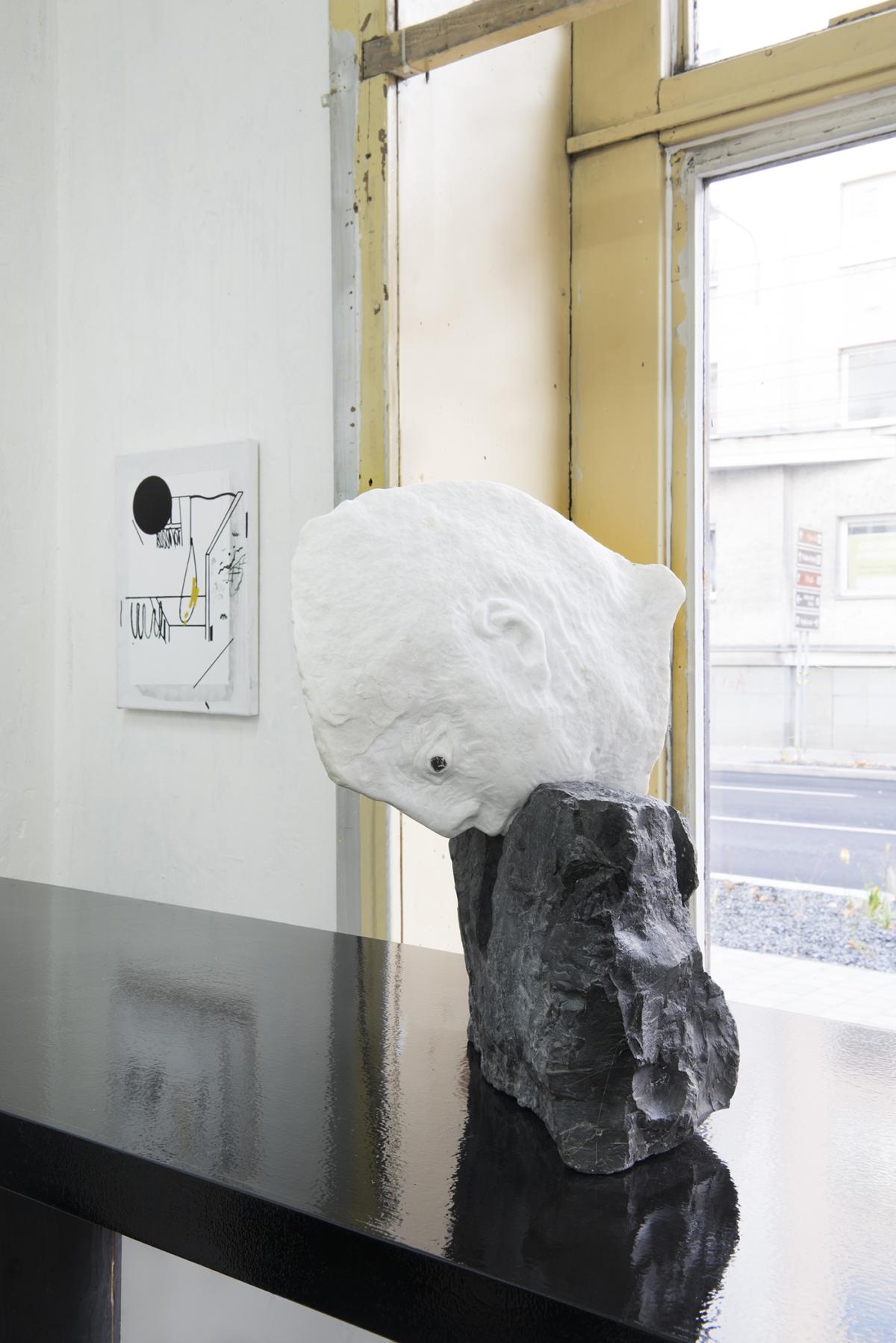

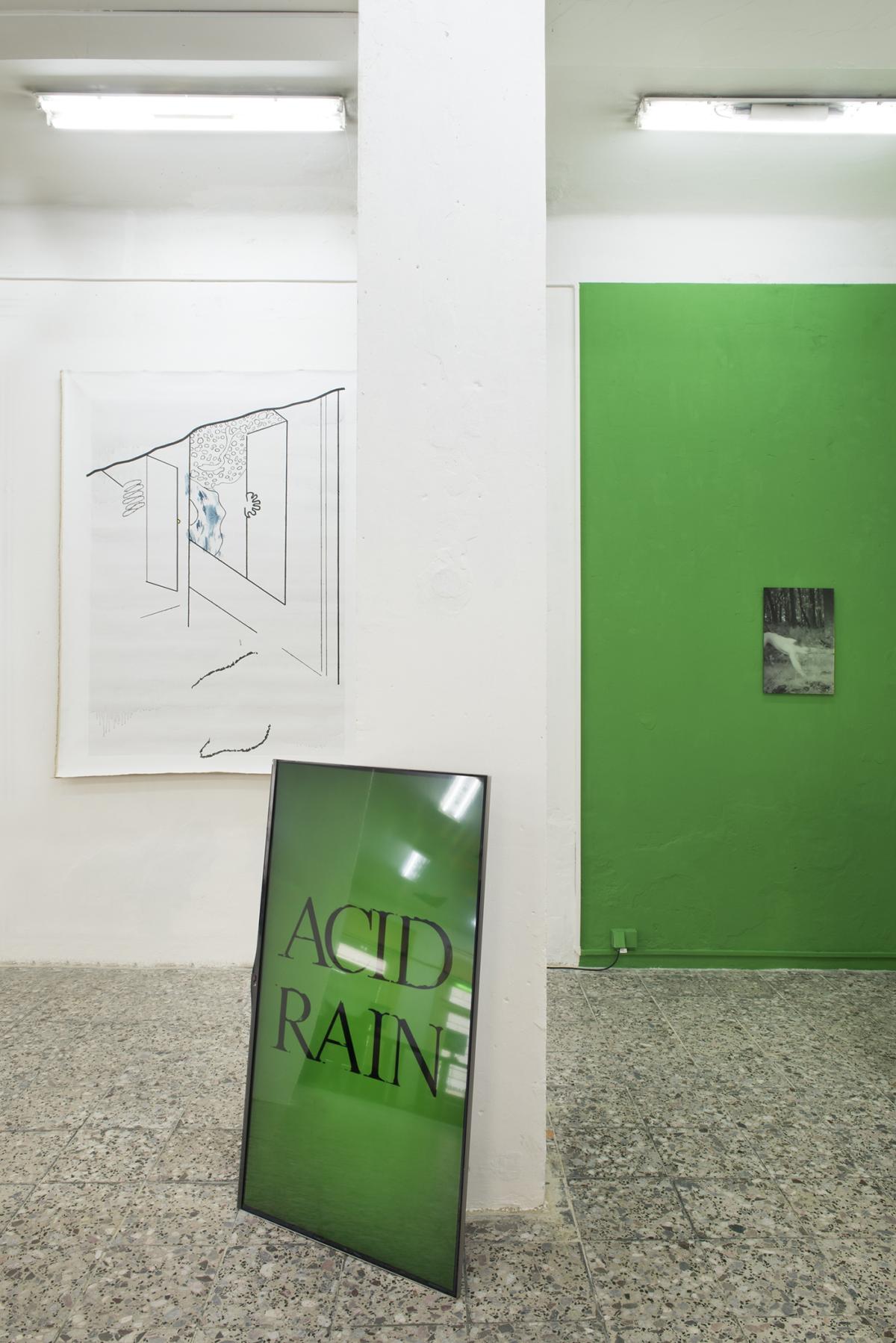

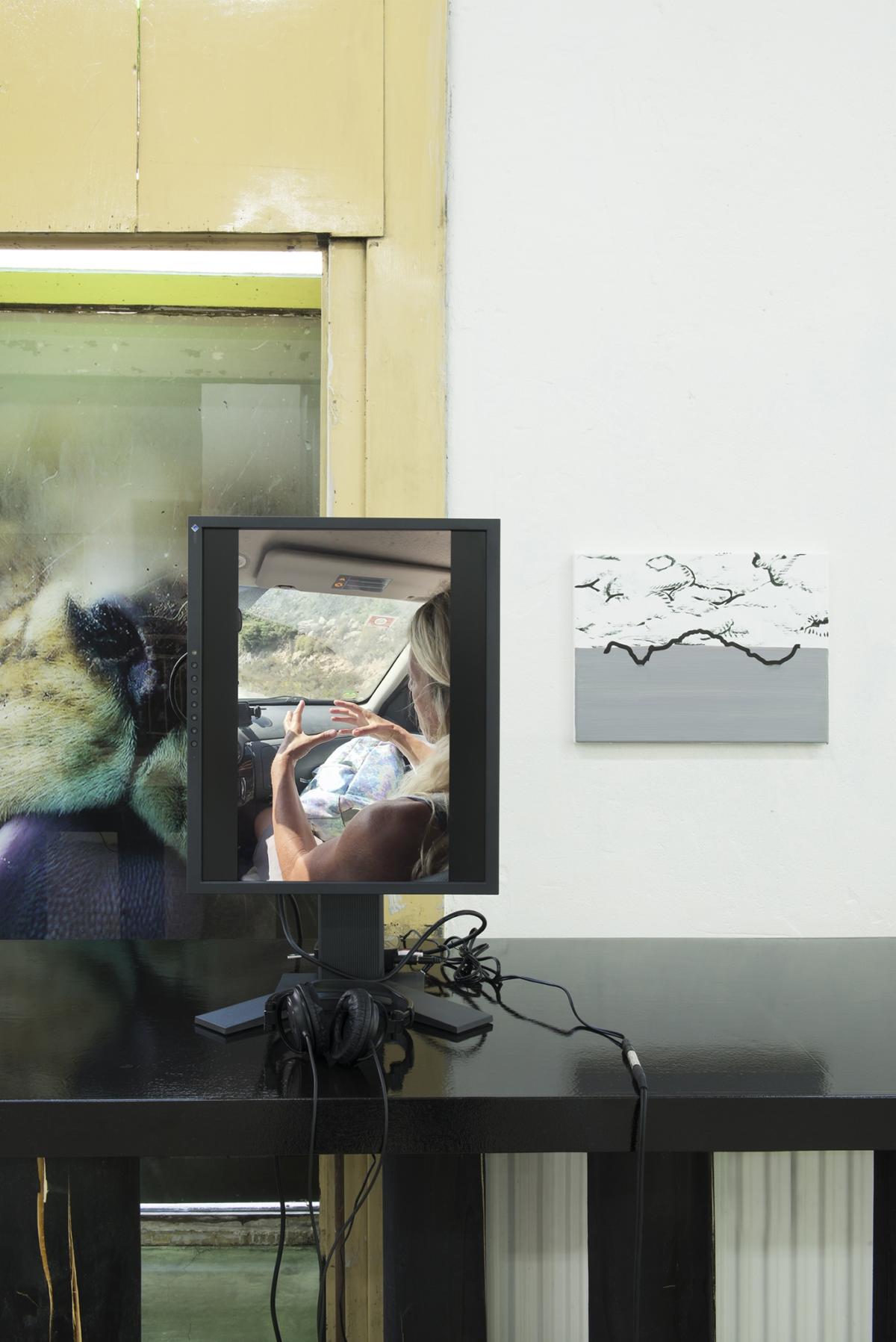

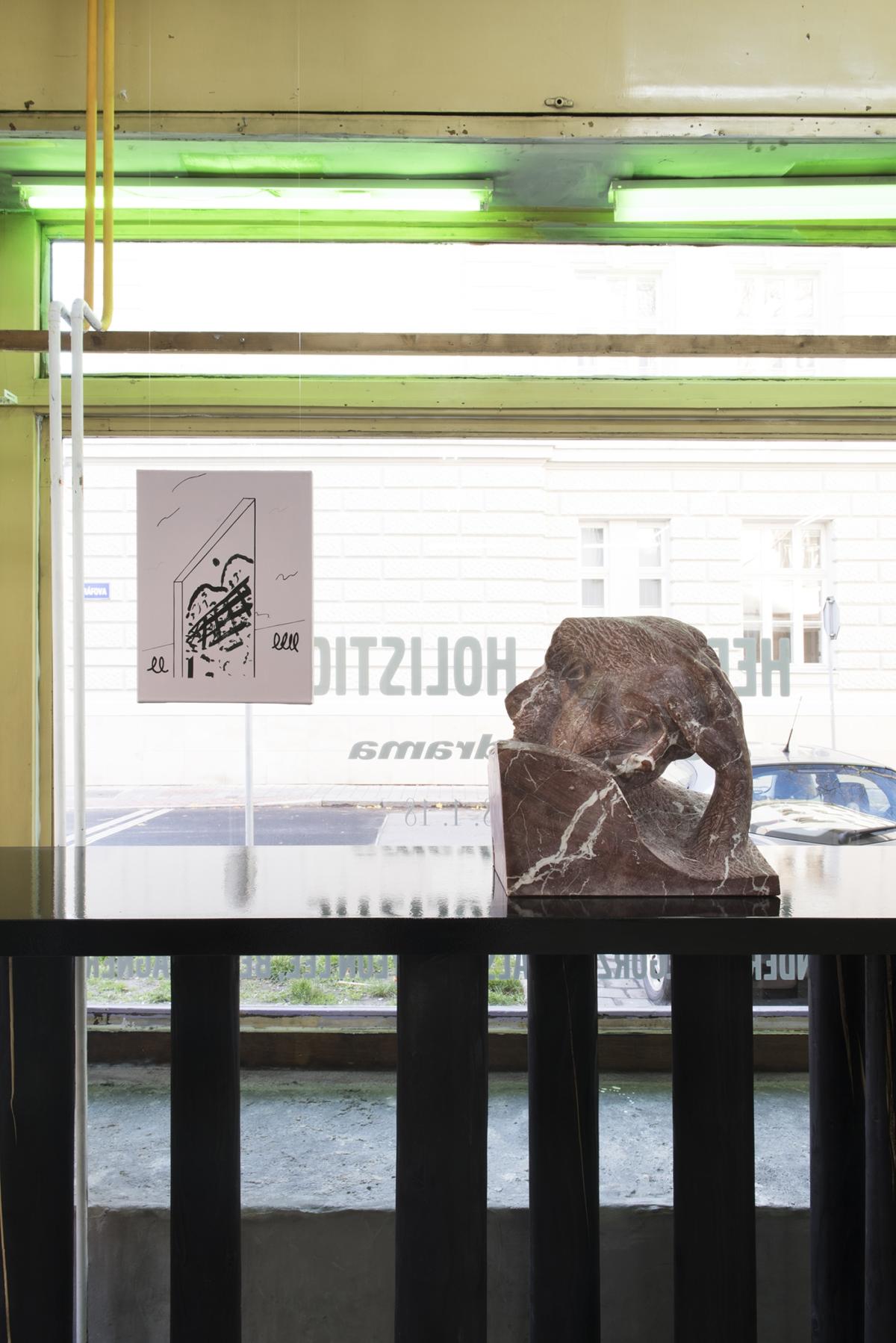



CZ
„Kyselé hrozny. To je ale výraz (ve tváři). Kyselé hrozny jsou něco nečekaného a nechtěného. Vyberete si hrozen a rozkousnete dužnaté zrnko v očekávání sladké chuti. Možná očekáváte semínka, ale pravděpodobně ne (převládají varianty bez semen). Čekali jste sladkou chuť, ale teď vás zaskočil kyselý hrozen. Řeknete ‚fuj‘ a vyplivnete ho, pokud můžete; pokud ne, tak ho s grimasou spolknete. Hrozen je zavržený. Je špatný? Nebo jen nechutná tak, jak jste si představovali? Za tohle jste utratili peníze? Nechali jste se ošálit dokonalým vzhledem ovoce? Můžete důvěřovat dalšímu kousku?
Výraz kyselý hrozen odkazuje na člověka, který není nikdy spokojen, je zatrpklý a ukřivděný, nemá smysl pro humor, drží se stranou. Být kyselý znamená nerudný, mrzutý, nevrlý, ale taky jízlivý. Přídavná jména hodná zaznamenání i popisu. Přídavná jména, kterými častujeme feministky a potížisty.
Kyselé hrozny jsou také výrazem pro něco, po čem vám zůstane pachuť v ústech. Ale otázka, kterou si nikdo neklade, zní: Jak se cítí ten hrozen? Jaký je to pocit být kyselý? Být vyplivnutý? Jaký je to pocit být rychle spolknutý? Cítí se hrozen zavržený, nebo je rád, že to má za sebou? Cítí se vlastně hrozen vůbec nějak? A čtou tenhle text nějaké hrozny? Hrozny, spojte se!“
Z anglického originálu Questioning Sour Grapes: Ecofeminism and the United Farm Workers Grape Boycott, Ellen O‘Loughlin, 1993 přeložila Kateřina Tlachová.
Przypisy
Stopka
- Osoby artystyczne
- Barbara Falender, Grzegorz Kowalski, Miyeon Lee, Beny Wagner, Nadja Argyropoulou
- Wystawa
- Heroic vs. Holistic
- Miejsce
- Plato Ostrava
- Czas trwania
- 16.11.2017–28.01.2018
- Osoba kuratorska
- Daniela and Linda Dostálková
- Strona internetowa
- plato-ostrava.cz



